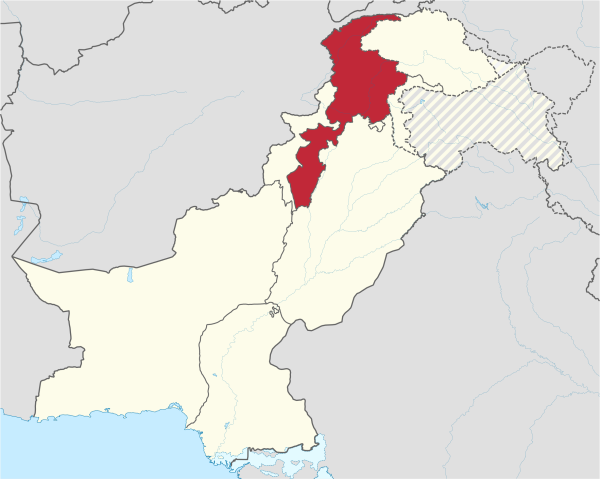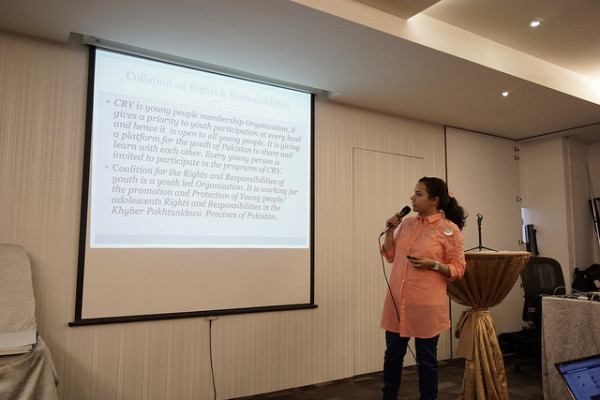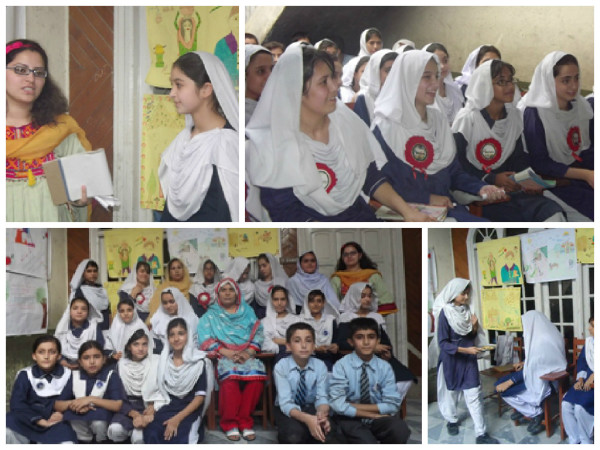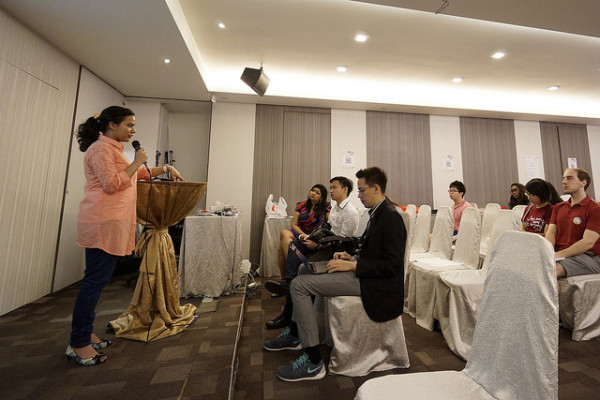On June 21 at the Asian Humanism Conference, Ms. Misbah Shahzad delivered a talk on “Connecting with Young People”. She was part of the Coalition for the Rights and Responsibilities of Youth (CRY). The youth-led organization, based in the Kyber Pakhtunkhwa Province in Pakistan, has 500 young members who are working to combat extremism and promote humanism, peace and tolerance through peer education and community-based activities.

Ms Misbah said CRY focused primarily on mobilizing youths at the community level, strengthening their essential competencies, skills and attitudes, in order to promote peace, diversity and tolerance. The organization relied on youth leaders who operated as catalysts for social change. Some principles they adopted include trust, the importance of learning from mistakes, and rational thinking. CRY also responds to the individual interests of youth and encourages curiosity.Ms Misbah said youth leaders are allowed to present their ideas in a variety of ways and not just rely on powerpoint. For example, they can use non-verbal expressions, music, and dialogues.
Perhaps hinting at the difficult societal conditions that CRY had to work under, Ms Misbah spoke about the need to communicate effectively and gain the support of the wider community through volunteer work. The organization engaged in cleaning of parks, providing social and economic support for the poor such as beggars, and other community-based activities. When these youth do good work in the community, they gain social approval.
In youth clubs, CRY provides mentorship to leaders. For example, in educational institutions, CRY selects 1-2 people from a group of 20 young people. They will then provide advanced training by invite them to office for training sessions. Ms Misbah explains that Kyber Pakhtunkhwa Province is a diverse place with people from different tribes. The province is also located near the Federally Administered Tribal Areas. These tribal communities are more likely to listen to someone from their own community, rather than an outsider
Thus, it is better to take local youth, provide them with training and then send them back to their own communities.Back in their own communities, youth leaders will impart what they learnt via peer-to-peer learning. Besides young people, youth leaders can also provide peer to peer learning to children and elders. From time to time, CRY also conducted interviews with the local community and asked youth leaders to carry out case studies as part of their feedback gathering process. Through such follow ups, the organization will find out how the programme has benefited the community and what else can be done.
It was poignant to listen to Ms. Misbah describe the gradual disappearance of local traditions and cultures because of growing fundamentalism in the region. To counter this, CRY also organized visits to museums and places of cultural heritage. Poetry and music sessions were often included to remind youths of their invaluable cultural heritage.
The highlight of the day was the Q&A session that followed Ms Misbah’s talk. Many among the audience were curious about the practical difficulties of running such an organization in a country like Pakistan. Others were curious about local attitudes towards Nobel laurate Malala Yousafzai. Some simply expressed their admiration and respect for Ms Misbah’s courage.
For many of us, it was inspiring lesson to hear about the existence of an organization operating in the face of challenges in the form of extremist attitudes and threats of violence. The talk was a timely reminder to many in the audience that it was possible to improve society despite great adversity. Ms Misbah is an example of people working in forgotten corners of the globe to make the world a better place.







